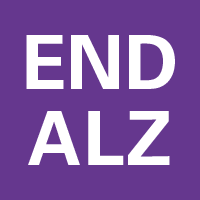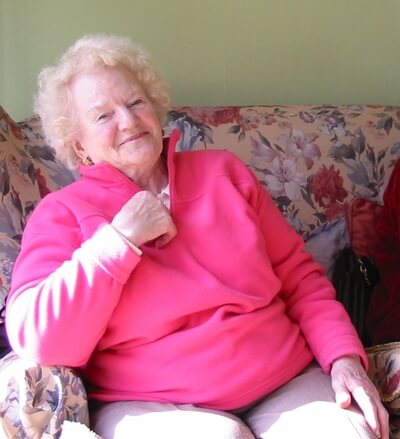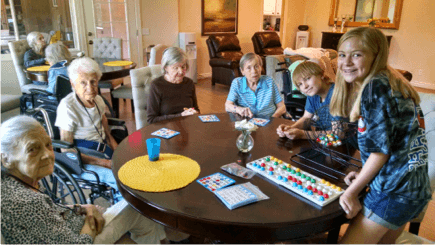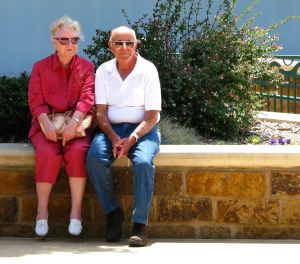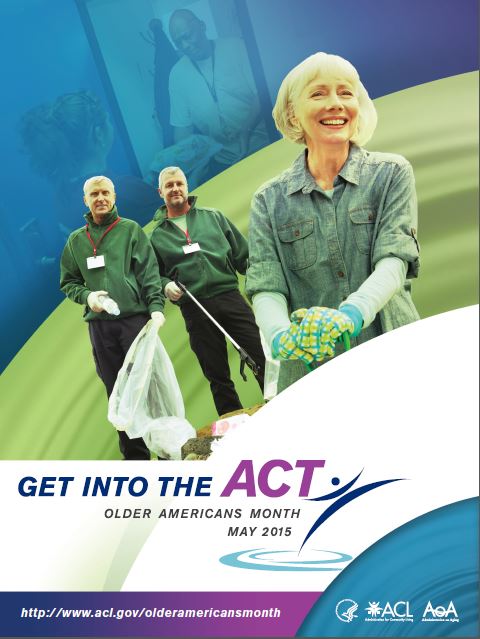World Alzheimer’s Month Awareness
The month of September is dedicated to raising awareness of Alzheimer’s disease and challenging its stigma. The initiative was originally launched in 2012. The goal is to unite opinion leaders, people with dementia, caregivers and family, medical professionals, researchers and the media. This campaign provides opportunity for Alzheimer’s associations internationally to gain recognition and credibility for the work they do, but it’s also an excellent occasion to have some fun and participate.
The stigma and misinformation surrounding dementia continues to be a problem globally. This year’s campaign theme is “Remember Me.” The campaign encourages us to learn how to spot the signs of dementia, but also to not forget about loved ones living with dementia, or who have passed.
Many of our residents at Paradise Living Centers live with dementia and our team is fully qualified to address the needs of those residents. We pride ourselves on being able to offer care that makes a difference in not only the residents’ lives but their families too. Our Care Manager, Kristie Chadwick is a Certified Dementia Practitioner. She is actively involved with the Alzheimer’s Association’s dementia division and has participated in several of their Walk to End Alzheimer’s events.
At Paradise Living Centers, we help our residents and their loved ones learn about dementia but many have little or no understanding of the condition. In this blog we are taking this year’s campaign message, “Remember Me” to heart and highlighting some of the stats and facts that represent the global impact of Alzheimer’s and dementia. Here are just some of the numbers that you may not be aware of:
- By 2050, 131.5 million people will be living with dementia
- Every three seconds someone in the world develops dementia
- Two out three people globally believe there is little or no understanding of dementia in their countries
While there are just a few days left in the month of September, we encourage you to share what you’ve learned about Alzheimer’s with a colleague, friend or family member to spread the campaign message. It is up to us to remember for those who cannot.
